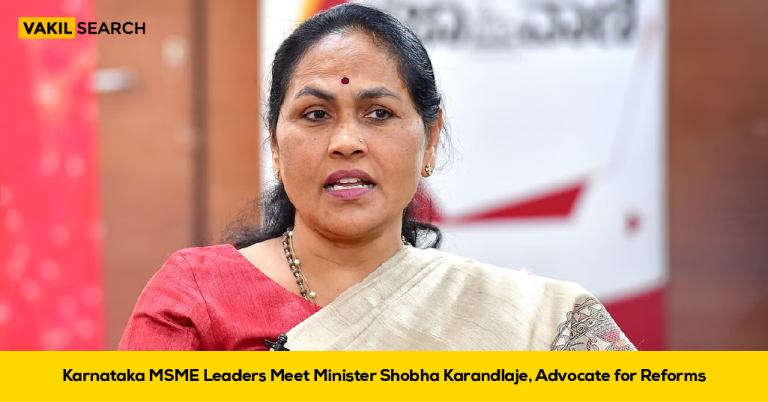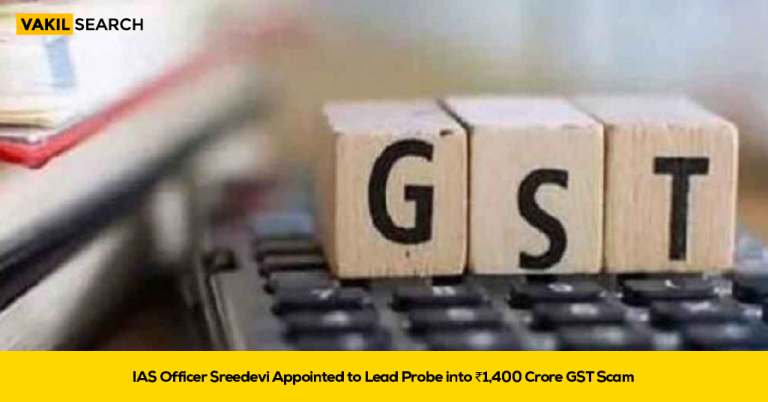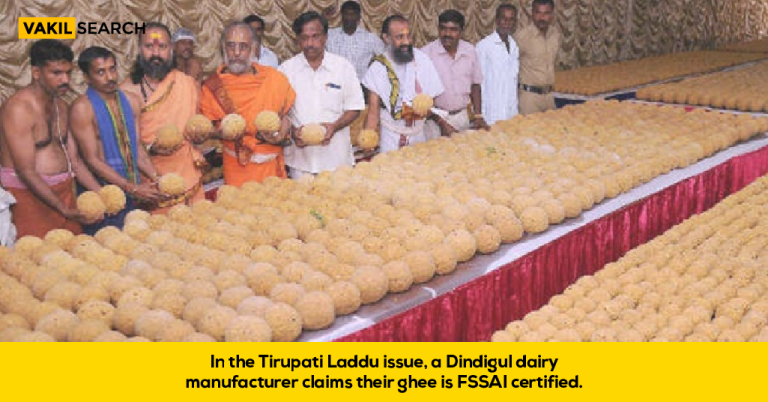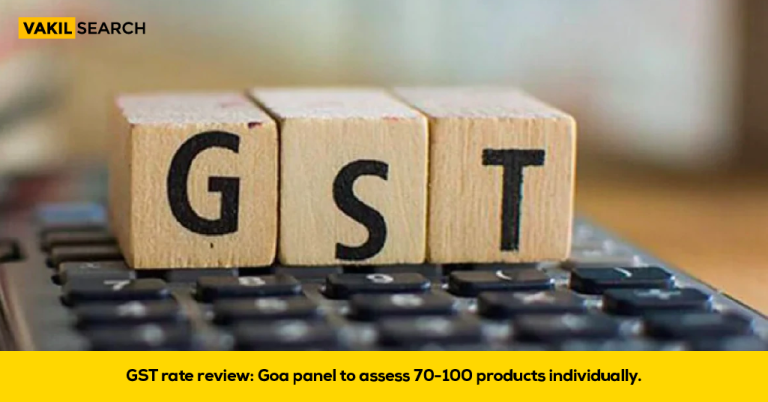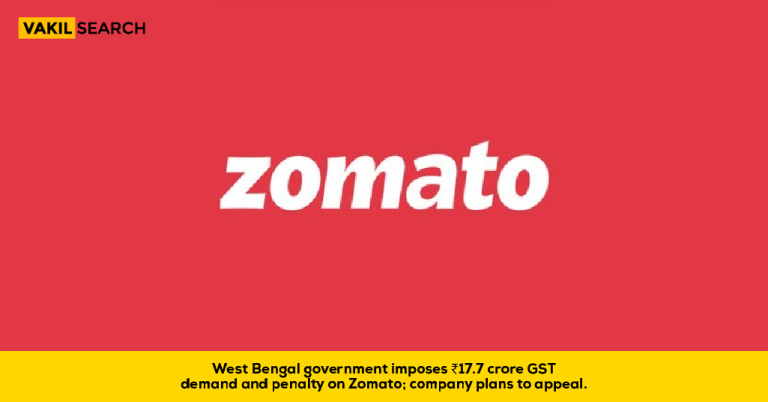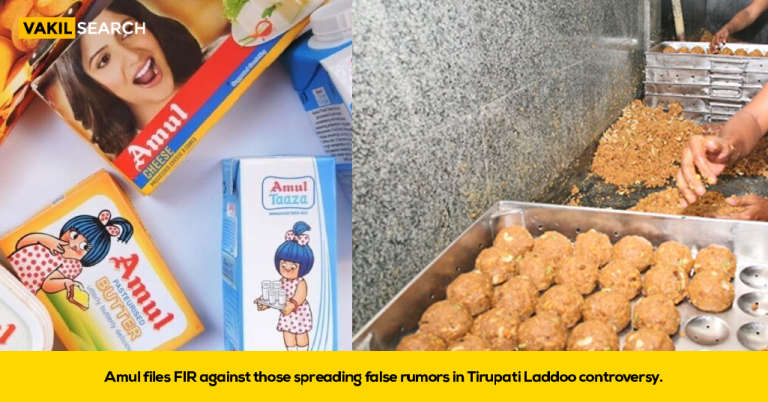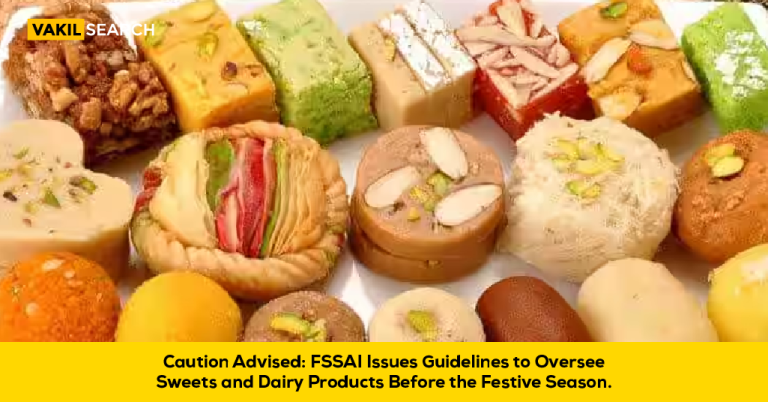The Central government is actively addressing the challenges faced by micro and small-scale industries through various initiatives to strengthen the sector, Union Minister of State for MSME and Labour & Employment, Shobha Karandlaje, said on Sunday. Speaking at an event organised by the Karnataka Small-Scale Industries Association (KASSIA), she outlined several steps the ministry has taken to promote MSMEs across India. KASSIA also submitted a detailed memorandum outlining key issues faced by MSMEs in the state.
Among the key announcements were plans to establish a Centre of Excellence for upskilling at the National Small Industries Corporation (NSIC) in Peenya, potential inclusion of KASSIA in the National Board for MSMEs, and the introduction of four wage codes to create a National Wage Board. KASSIA President MG Rajagopal emphasised the need for a holistic approach to ensure the survival of MSMEs amidst economic challenges. The memorandum called for affordable technology, solar power subsidies, reforms in ESIC and EPFO policies, lower interest rates on MSME loans, and broader credit guarantee coverage to stimulate business growth. The event saw participation from industry leaders, office-bearers, and MSME representatives.
Union Minister Shobha Karandlaje’s address to Karnataka MSME leaders reflects the government’s ongoing focus on supporting small-scale industries through initiatives like upskilling, wage code reforms, and technology access. These efforts aim to address critical challenges faced by MSMEs, including credit availability and policy reforms. For MSMEs navigating complex regulations, Vakilsearch offers tailored legal and compliance solutions. From accessing government schemes to ensuring regulatory compliance with wage codes, EPFO, and ESIC, we simplify processes to help your business thrive.


